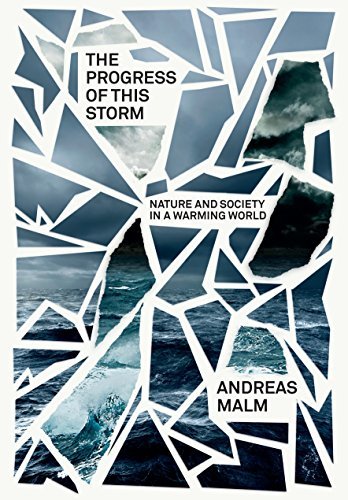What do you think?
Rate this book


262 pages, Kindle Edition
Published February 13, 2018
It is precisely because they are continuous parts of the overall material world that the social and the natural intertwine, but only by keeping them analytically distinct can we differentiate between those aspects of the world that humans have constructed – i.e. the emergent properties of society – and those generated by forces and causal powers independent of them – i.e. the emergent properties of nature – and examine how these have, at ever more complex levels, become braided. Adapting his project to the age of climate change, Latour maintains ‘there is not a single case where it is useful to make a distinction between what is “natural” and what “is not natural”’. He thinks that this age is the final nail in the coffin of the distinction. In reality, it is precisely the other way around. Maximising the prospects for survival presupposes that we become more alert than ever to the dichotomy between what people create through and though and what is not their doing. That does not mean, of course, that a warming planet can be literally cut in two halves – if that were possible, we wouldn’t be in this predicament – but that analysis of it must execute a similar operation. ExxonMobil in one corner, vulnerable permafrost in the other.
If we take Casetree at his word – climate change is not a process in biophysical reality that occurs regardless of our representations of it, but an invention of the human mind: for such is all nature – these corollaries [that climate change would cease if we stopped believing in it] follow by necessity. It is unlikely that he would endorse them, which suggests that his argument about nature makes rather little sense of it, drawn as he is into the most banal form of the epistemic fallacy: just because we come to know about global warming through measurements and comparisons and concepts and deductions, it is in itself made up of those things.
There is that itching feeling that the only meaningful thing to do now is to let go of everything else and physically cut off fossil fuel combustion, deflate the tires, block the runways, lay siege to the platforms, invade the mines. […] All has already been said; now is the time for confrontation. This essay presents no arguments for restraining such impulses. It is, however, written in the belief that some theories can make the situation clearer while others might muddy it. […] Theory can be part of the problem.
Less of Latour, more of Lenin: that is what the warming condition calls for.